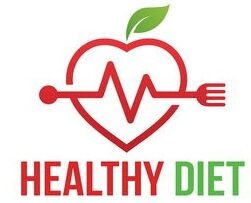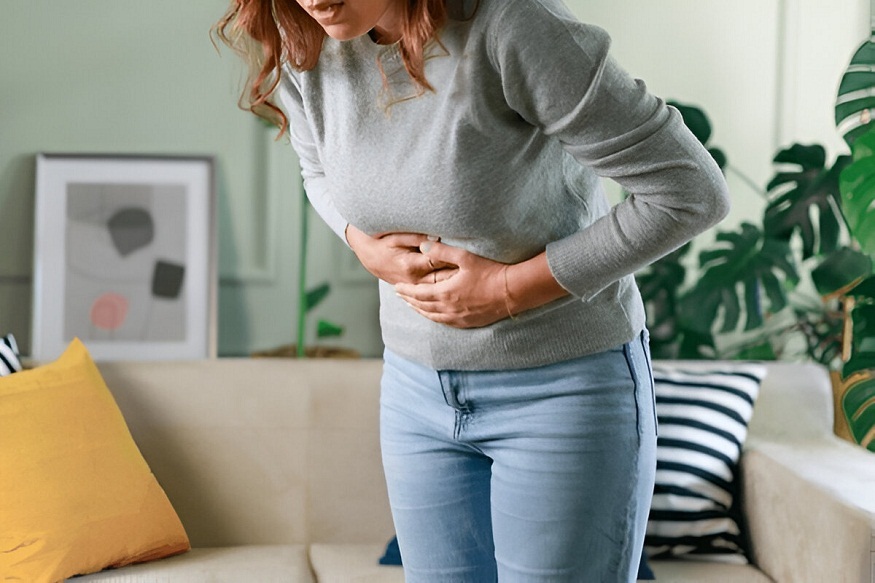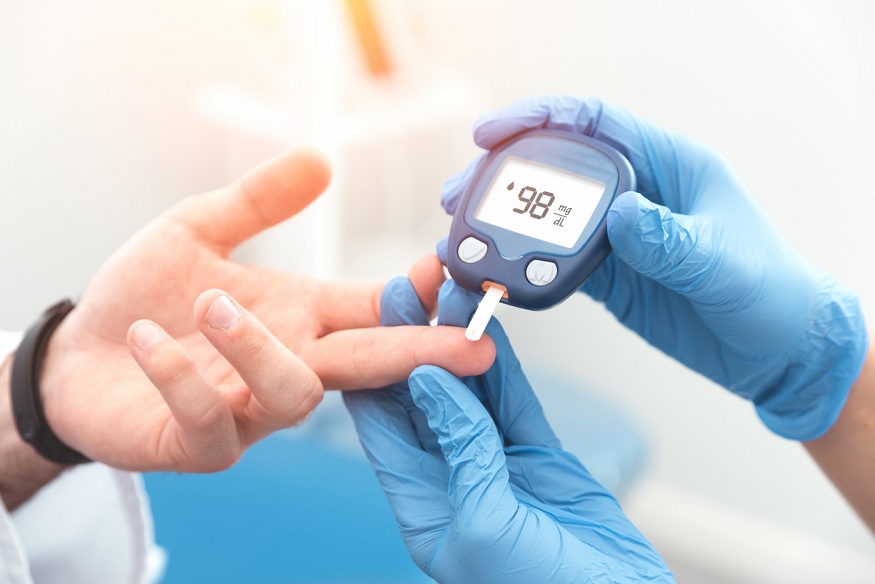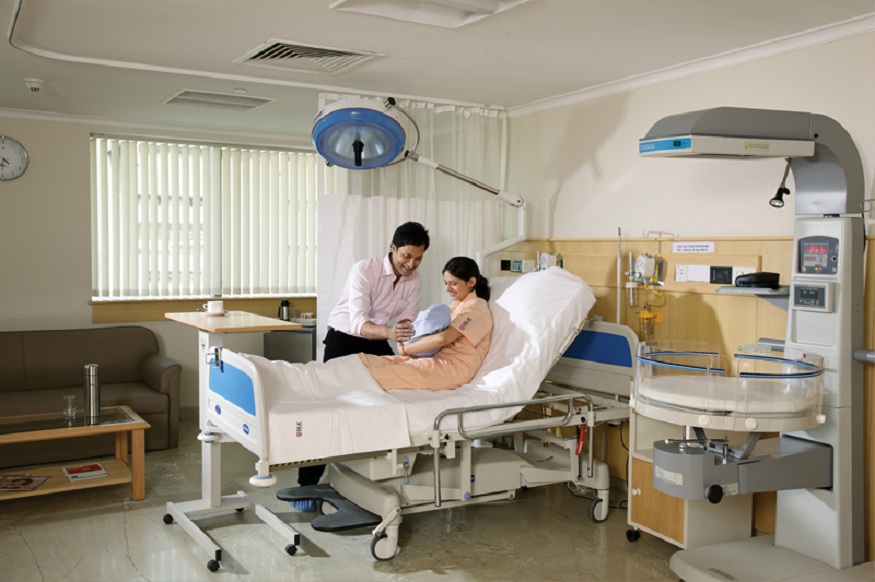Many people occasionally feel bloated after eating – a sense of fullness or tightness in the stomach. Sometimes, this comes with visible swelling of the abdomen.
In most cases, bloating goes away on its own and isn’t usually a serious issue. However, it can be uncomfortable and impact your daily life.
But is it normal to feel bloated every day? No, you don’t have to deal with it all the time. The good news is there are ways to ease and prevent bloating.
What are the symptoms that indicate bloating?
Most of us are familiar with bloating, but if it’s new to you, you might wonder how to recognize it. Here are five common symptoms of bloating you might experience after eating:
- Passing more gas
- Stomach pain or discomfort
- Feeling full even after eating only a little
- Hearing rumbling noises from stomach
- Visibly expanded belly
Get in touch with the gastro care hospital in Coimbatore, if you are experiencing any of the mentioned symptoms. People who deal with bloating every day often wonder, “Why is my stomach flat in the morning but bloated by evening?” Here are some common reasons you might feel bloated after eating.
What might be the reasons for bloating?
Bloating can be the cause of both lifestyle and medical reasons. But most common reasons for bloating include:
Eating way too many carbs:
Carbohydrates are an important source of energy, but eating too much of them can make your body hold onto water, leaving you feeling uncomfortably full.
Health conditions:
Some conditions can lead to more gas production or make you more sensitive to gas in your digestive system. These include celiac disease, acid reflux (which irritates your throat), irritable bowel syndrome (which affects the nerves in your intestines), and hemorrhoids.
Constipation
When the digestive tract is already blocked with waste products, eating or drinking can only worsen bloating.
Eating certain foods:
Everyone’s digestive system is unique, but some people feel bloated after eating certain foods like salt, dairy, fructose, fats, or FODMAPs – types of carbs found in certain fruits, vegetables, dairy products, and whole grains. Also make a list of foods to avoid for bloating to enjoy your food.
Intake of excess gas:
Eating quickly can cause you to swallow air, and drinking carbonated drinks can do the same.
Putting on weight:
Extra weight tends to gather around the belly, leaving less space for the stomach to expand.
Menstruation:
In the week leading up to your period, your body may hold onto water, which can lead to bloating.
Is fullness of stomach and bloating the same?
A bloated stomach and a feeling of fullness are signs of having too much gas in your stomach. This can cause discomfort, a swollen belly after eating, nausea, frequent gas, and relief after burping or passing wind.
What is the difference between morning bloating vs night bloating?
Most people feel bloated later in the day after eating, but sometimes you might wake up feeling bloated too. If that happens, it’s usually for the same reasons—like eating a big dinner or foods that cause gas the night before.
What are the best tips to avoid bloating after eating?
If you often feel bloated, you probably want to know how to get relief quickly. The best way to handle bloating is to both prevent it and find ways to ease it when it happens.
So, how can you lower your chances of getting bloated, and how do you get rid of that uncomfortable feeling? The ten tips below can help you feel less gassy and more comfortable after a meal.
Drink and eat slowly:
Eating and drinking too fast can make you swallow air, which can cause more bloating. Taking your time during meals not only helps reduce this but also makes it easier to notice when you’re full, which can support healthy weight control.
Eat the right amount of foods with fat and fiber:
Both are important for a balanced diet, but eating too much can lead to bloating. Instead of cutting them out completely, try eating smaller amounts and see how your body reacts. This way, you can figure out how much you can have without feeling bloated.
Skip the talk while eating:
Talking while eating can cause you to swallow air, which may lead to bloating.
Skip large meals:
Eating enough of the right foods is important for your health, but overeating can cause bloating. To prevent this, try having smaller portions, especially if you want to avoid that uncomfortable feeling.
Important Takeaway
Abdominal bloating is a common issue that can be tricky to understand. It often comes from problems with gut bacteria, food intolerances, or how your body digests food.
There’s no one-size-fits-all solution for bloating. You need to find out what’s leading to it first. Once you know the cause, you can try different ways to manage it, like reducing stress, eating more fiber, or making simple changes to your diet. Consult the gerd specialist in Coimbatore to fix your bloating and enjoy meal time guilt-free.




